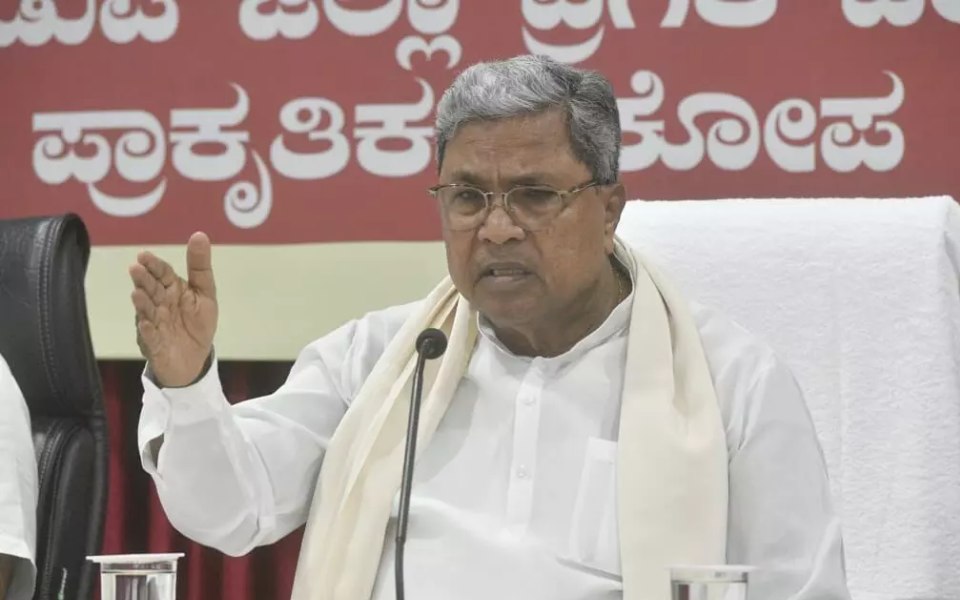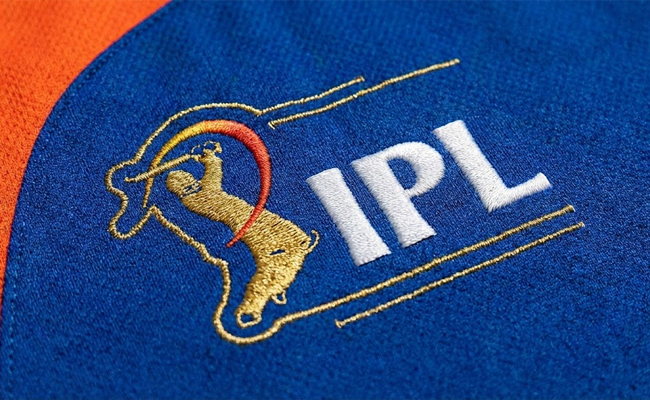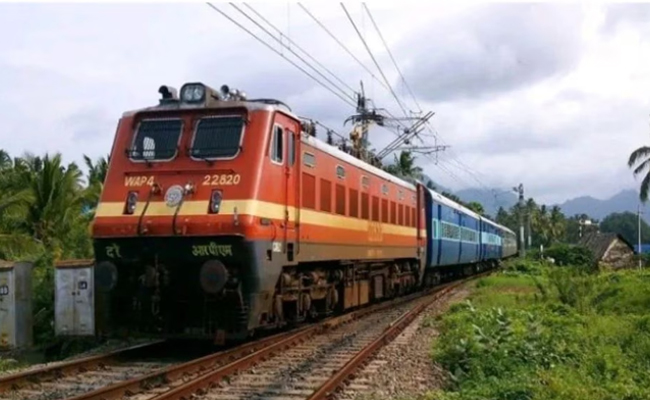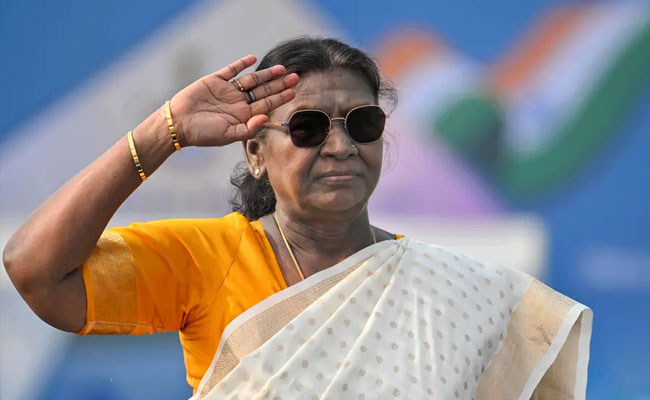Bengaluru, Aug 21: Karnataka Chief Minister Siddaramaiah on Monday gave his approval to set up a fact check unit and promulgation of necessary rules and laws in the state.
A statement issued by his office said the decision was taken with a view that fake news should be controlled as it was dangerous for democracy and would polarise the society.
The decision was taken in a meeting on cyber security chaired by the Chief Minister at his home office 'Krishna'.
Siddaramaiah approved three-step measures of detecting fake news and syndicates that create them, preventing the spread of fake news, and giving severe punishment to the accused.
ALSO READ: Siddaramaiah announces formation of new committee to formulate new education policy for Karnataka
The fact check unit will comprise a monitoring committee and fact check analysis team along with the appointment of nodal officers.
It was explained in the meeting that a capacity building team can be formed and technology can be leveraged systematically.
Karnataka IT-BT Minister Priyank Kharge said though Bengaluru Police is also active on social media, the state needs a fact check unit. According to him, 'deep fake' is also being utilised using Artificial Intelligence (AI), which is helpful for those spreading fake news.
State Home Minister G Parameshwara said although the fake news network is in its infancy globally, it is likely to become widely used over time.
Parameshwara insisted upon forming the fact checking committee immediately and working on capacity building. He also said that identifying fake news is essential to maintain law and order.
Revenue Minister Krishna Byregowda said people should be informed that it is a punishable crime.
Let the Truth be known. If you read VB and like VB, please be a VB Supporter and Help us deliver the Truth to one and all.
Mumbai (PTI): The upcoming edition of the Indian Premier League will be held between the March 26 to May 31 window but it remains to be seen if Bengaluru, the home of RCB, holds the opening match.
As per the norms, the M. Chinnaswamy Stadium should host the tournament opener given the home side, Royal Challengers Bengaluru won the IPL 2025 title.
While the venue has received conditional clearance from the Karnataka state government, it also needs to meet the necessary safety and security standards following the death of 11 fans in a stampede during RCB's victory celebrations in June this year.
The mini-auction for IPL 2026 will be held in Abu Dhabi today with three-time winners Kolkata Knight Riders coming in with the biggest purse.





